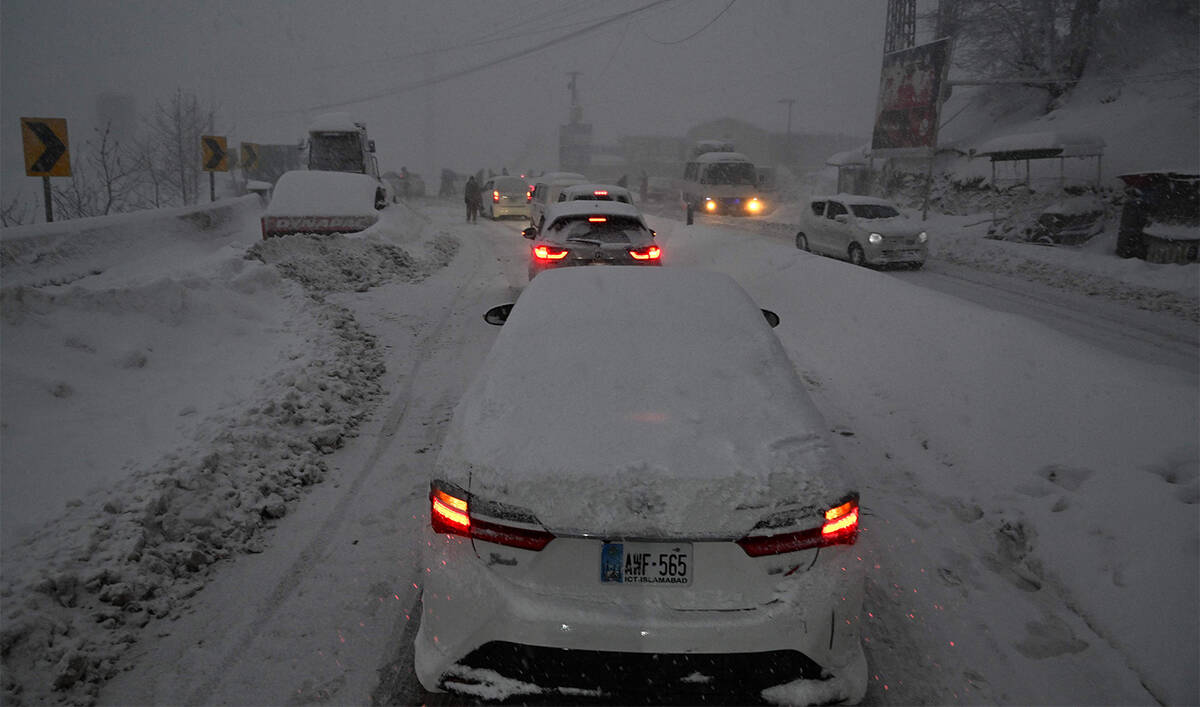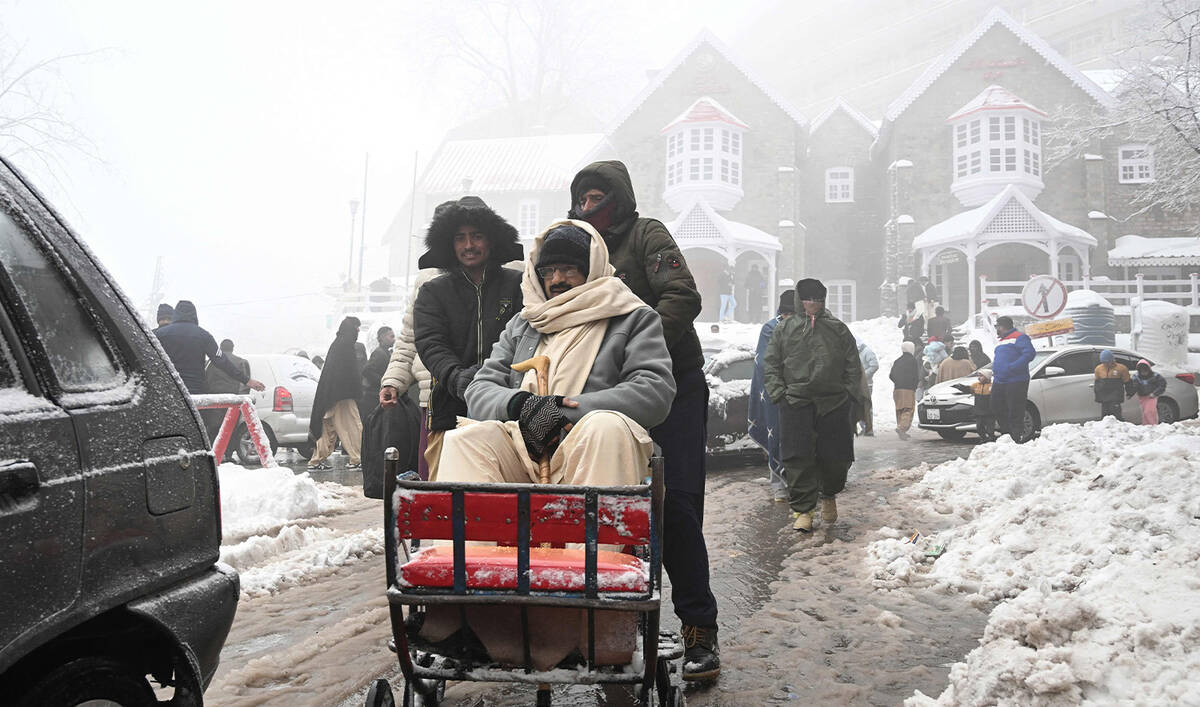ISLAMABAD: Pakistan’s interim health minister Nadeem Jan said on Sunday the government had recalled an injectable medicine from the market after receiving reports it had caused eye infections and loss of sight among patients in the Kasur, Multan, Lahore, and Sadiqabad districts located in the eastern Punjab province.
According to media reports, the caretaker administration in Punjab formed a five-member committee to investigate the issue, following complaints related to a locally manufactured injection called Avastin which was used by diabetic patients in the province.
The federal health minister invited his provincial counterpart to Islamabad to discuss the issue in the wake of this development. He said authorities had launched an investigation and would soon assign responsibility for the matter.
“Investigations are ongoing,” Jan said in a televised statement. “A committee has been formed, comprising five of our most senior experts, who will analyze the issue from all angles and provide us with a comprehensive report within the next three days.”
“As of now, the batch of medicine in question has been recalled,” he continued. “It is now in our possession, and its sales are prohibited.”
The minister explained the investigation team was tasked with determining whether the problem was caused by the medicine itself, issues in its supply chain, the skill level of the administering doctors, or the sterilization process.
He added the government had filed a police report against two individuals representing the supply company and had initiated legal action against them.
Jan assured the public of a transparent inquiry, adding the authorities would share their findings and prosecute those responsible for causing harm to patients.
Pakistan recalls injectable medicine amid eye infection reports, initiates probe
https://arab.news/5sv9p
Pakistan recalls injectable medicine amid eye infection reports, initiates probe

- The interim health minister assures the public of transparent inquiry, vows to prosecute those responsible
- The government had received complaints related to loss of sight among diabetic patients using Avastin in Punjab
Pakistan’s Khyber Pakhtunkhwa on alert amid forecast of heavy rain, snowfall

- Pakistan’s Met Office says westerly wave expected to trigger heavy rain, snowfall in northern areas from Jan. 25-27
- Disaster management authority urges district administrations to ensure that precautionary measures are in place
PESHAWAR: The Provincial Disaster Management Authority (PDMA) in Pakistan’s northwestern Khyber Pakhtunkhwa (KP) province issued a public advisory on Sunday, calling on district administrations and the tourism department to ensure precautionary arrangements are being undertaken as the province braces for heavy rains and snowfall this week.
Pakistan’s Meteorological Department this week warned that a westerly wave is likely to approach the country’s western parts from Jan. 25 and likely to grip Pakistan’s northern areas on Jan. 26. It warned that this system would trigger heavy rain and snowfall in these parts till Tuesday.
Administrations in Pakistan’s northwestern districts of Khyber and Swat carried out rescue operations on Thursday night after several vehicles were stranded in various parts of these areas. Footage on social media showed officials helping people as heavy snow blanketed vehicles on Tirah Road, Malam Jabba Road and in Nathia Gali.
“The advisory directs district administrations to ensure continuous monitoring of roads, highways, and tourist destinations, keep emergency response teams on alert, and maintain coordination between control rooms and the Provincial Emergency Operations Center (PEOC),” the PDMA said in a press release.

“In addition, hotels and guest houses have been instructed to inform tourists about potential risks and to issue timely alerts related to snowfall and landslides.”
It warned that rain and snowfall may lead to road blockages, slippery conditions, landslides, avalanches, and flash floods in various areas from Jan. 25-27, affecting the general public and tourists.
The PDMA advised people to avoid unnecessary travel, urging tourists not to visit upper and remote areas during the current period of snowfall and heavy rain.

The disaster management authority reassured citizens that it was monitoring the situation closely, urging them to contact the PDMA on its helpline at 1700 in case of any emergency.
Thousands of tourists from all over Pakistan flock to scenic spots in Azad Kashmir, Gilgit-Baltistan, KP and Punjab during snowfall
Citizens often disregard warnings by disaster management authorities of deteriorating weather conditions and roadblocks, leading to emergency situations.
In January 2022, at least 21 people were killed when they were left trapped in their cars during a snowstorm in the Pakistani hill station of Murree.










